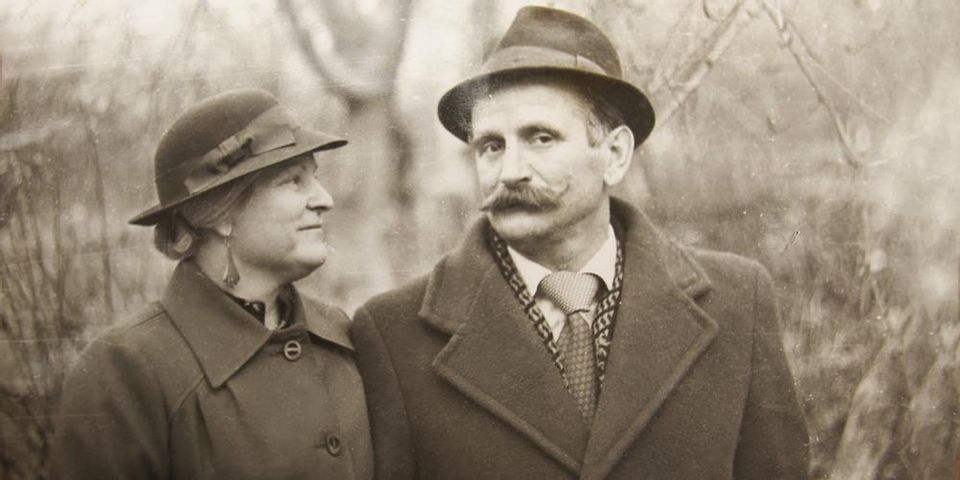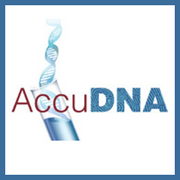Trace Your Ancestry With Y-Chromosome DNA Testing
By AccuDNA

When a father passes his DNA on to his son, he gives a Y chromosome that is virtually unchanged after generations’ worth of inheritance. That chromosome can reveal the secrets of the past, and Y-chromosome DNA testing is how you get your answers. AccuDNA in St. Louis, MO, specializes in paternity testing and DNA testing services. They’ve mastered the science of exploring ancestry, and they use the world’s largest Y-DNA database to trace paternal ancestry back centuries. Here’s how it works.
A Guide to Y-Chromosome DNA Testing
Y-DNA
When a child is conceived, they receive two chromosomes—one from each parent. For the child to be a male, the father must pass on their Y chromosome. It’s called the “sex chromosome,” and it’s passed from father to son in an uninterrupted line of genealogy. Scientists have discovered that by looking closer at the genetic makeup of that specific building block of life, they can identify ancient surname lines, map migration routes ancestors may have taken, and recognize living relatives with similar DNA markings.
Haplogroup
 When a person completes Y-chromosome DNA testing, they uncover the specific haplogroup they belong to. A haplogroup dates back to tens of thousands of years ago when humans left Africa to explore other parts of the world. During that migration, they split into small groups. Those groups remained together for generations, and they developed distinctive mutations passed down via the Y chromosome. DNA testing determines which group a man’s DNA most closely matches, and that information is used to uncover the most likely places where his paternal ancestors traveled.
When a person completes Y-chromosome DNA testing, they uncover the specific haplogroup they belong to. A haplogroup dates back to tens of thousands of years ago when humans left Africa to explore other parts of the world. During that migration, they split into small groups. Those groups remained together for generations, and they developed distinctive mutations passed down via the Y chromosome. DNA testing determines which group a man’s DNA most closely matches, and that information is used to uncover the most likely places where his paternal ancestors traveled.
AccuDNA offers Y-chromosome DNA testing to help clients discover the past. The test looks at specific markers throughout the DNA sequence, and the more markers it checks, the more accurate the results. If you’re interested in learning more about your ancestry, call them at (314) 845-9997. You can also find more information about DNA testing on their website.
About the Business
Have a question? Ask the experts!
Send your question

